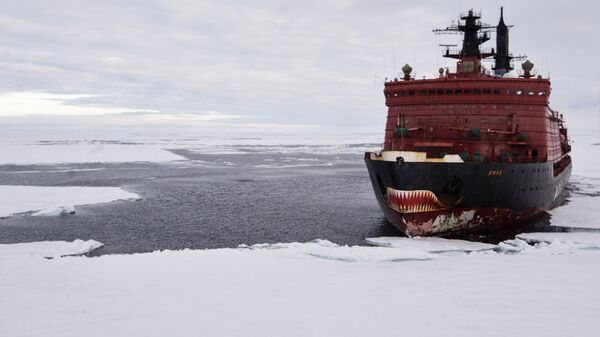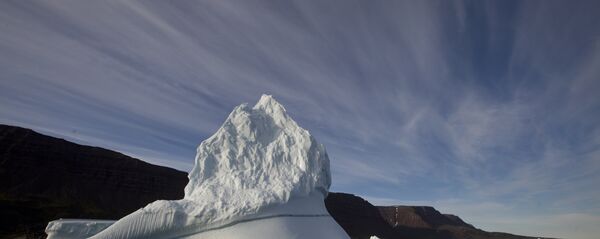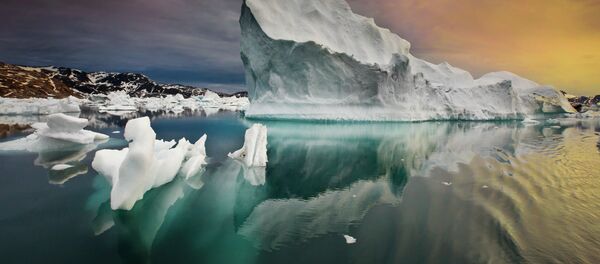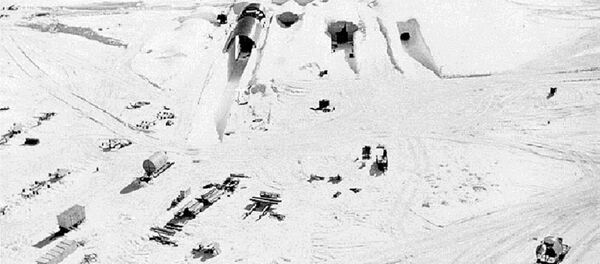"This can be a source of major unrest in Danish-Russian relations," FE wrote in its major analysis of Denmark's security challenges until 2030.
The battle for the Arctic and the area's vast natural resources has intensified in lockstep with the climate change. The Arctic ice is melting and thereby opening alternative shipping routes along the Northeast Passage. Both Denmark and Russian have made claims upon the seabed around the North Pole. Some of the areas claimed are overlapping, and Russia has a head start, FE noted. According to FE, Russia will probably get an answer from the UN Shelf Commission in 2017, whereas Denmark's answer will come at the earliest in 2022 or 2023. This would give Russia a long period to exploit its advantage, FE warned.
"In the interim period, Russia may resort to military demonstrations and markings, which may become a source of unrest for Danish-Russian relations," FE warned.
Jørgen Staun, who specializes in Russia and the Arctic at the Danish Defense Academy, predicted that the Russians will somehow exploit the situation. According to Staun, Russia is likely to strengthen the conviction among its citizens that Russia is "entitled" to a territorial expansion in the Arctic, thus signaling to the rest of the world that Russia would be next to impossible to remove.
Liberal Party foreign affairs spokesman Michael Aastrup Jensen concluded, however, that there was little reason for concern.
"When it comes to the Arctic, Russia will stick to the diplomatic track. We have no reason to believe otherwise," Michael Aastrup Jensen said, as quoted by Berlingske.
"The Russians need a stable political development in the Arctic, once they turn to the extraction of mineral resources, therefore I don't think it's wise to whip up tensions," Martin Lidegaard emphasized.
In 2014, Denmark filed its claim to the UN Commission on the Limits of the Continental Shelf (CLCS). Copenhagen believes itself to be entitled to 895,000 square kilometers of seabed in the Arctic, an area that goes all the way from Denmark's Arctic domain Greenland up to the North Pole. Besides measures to bolster its Arctic presence, Denmark announced plans to launch a new strategy for Arctic research. According to Education Minister Ulla Tørnæs, a research hub in Greenland would make Denmark "one of the world's leading Arctic research nations," the Danish newspaper Politiken reported.
In 2001, Russia became the first Arctic state to make territorial claims. In 2016, the Russian claim was reinforced with more details and scientific facts. The UN Commission will only consider the technical validity of the claims. Any overlapping areas should be negotiated bilaterally between the vying countries.
#Russia's revised #Arctic cont. shelf limits +200NM to be submitted today #CLCS: https://t.co/BpNdKUg4B8 #Arcticpoli pic.twitter.com/AXzsJQVbeT
— Joël Plouffe (@joelplouffe) August 9, 2016





